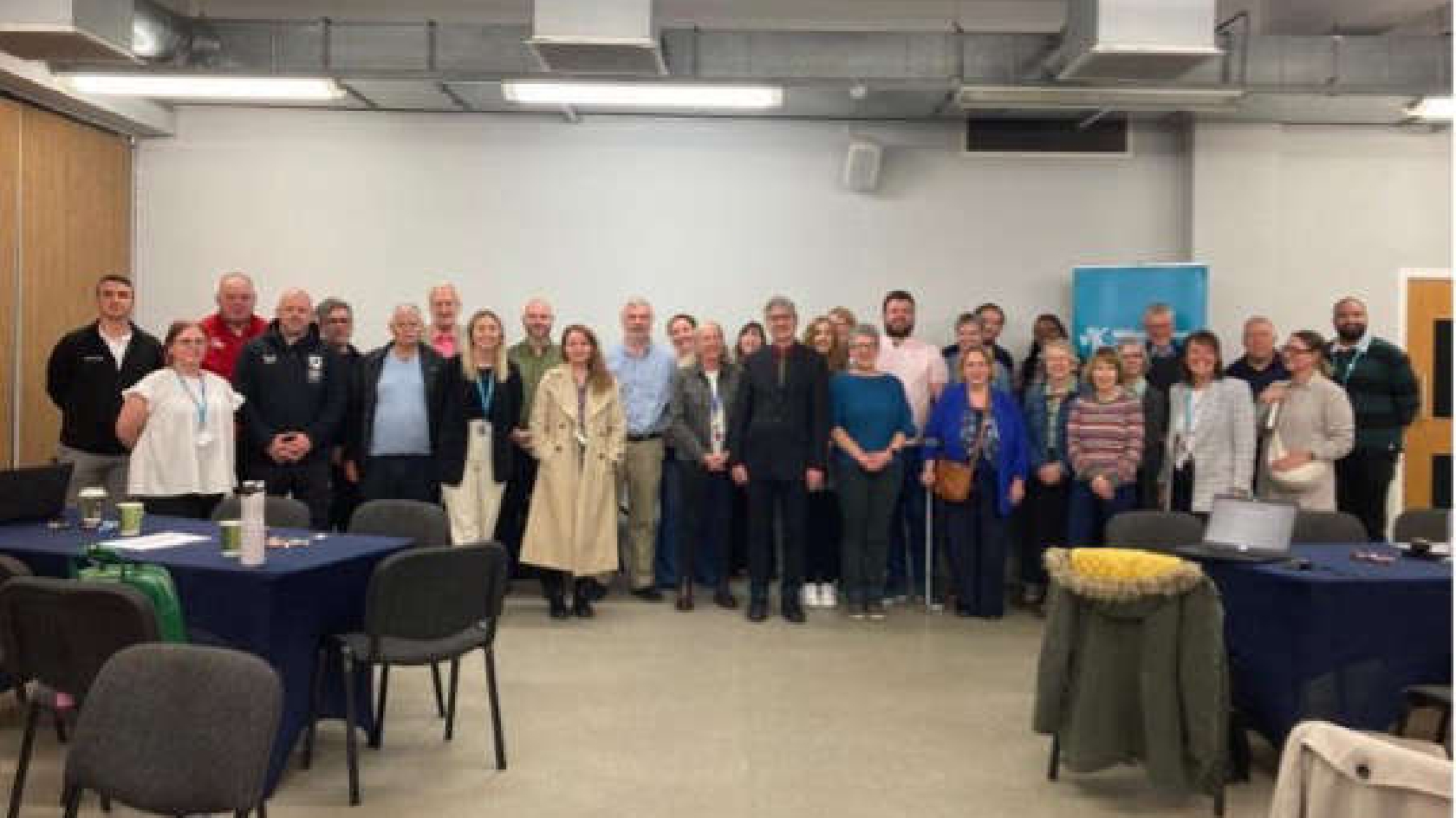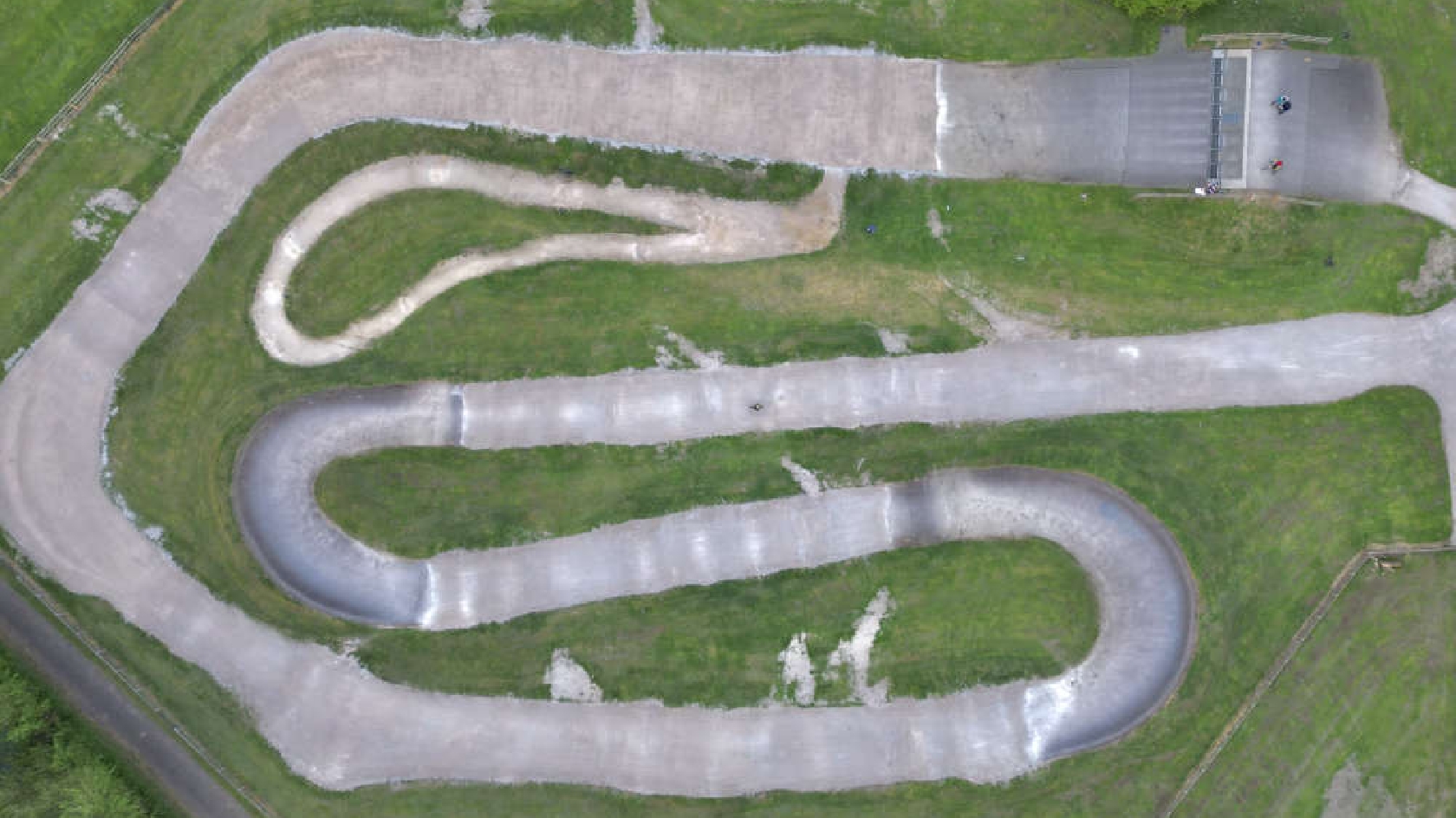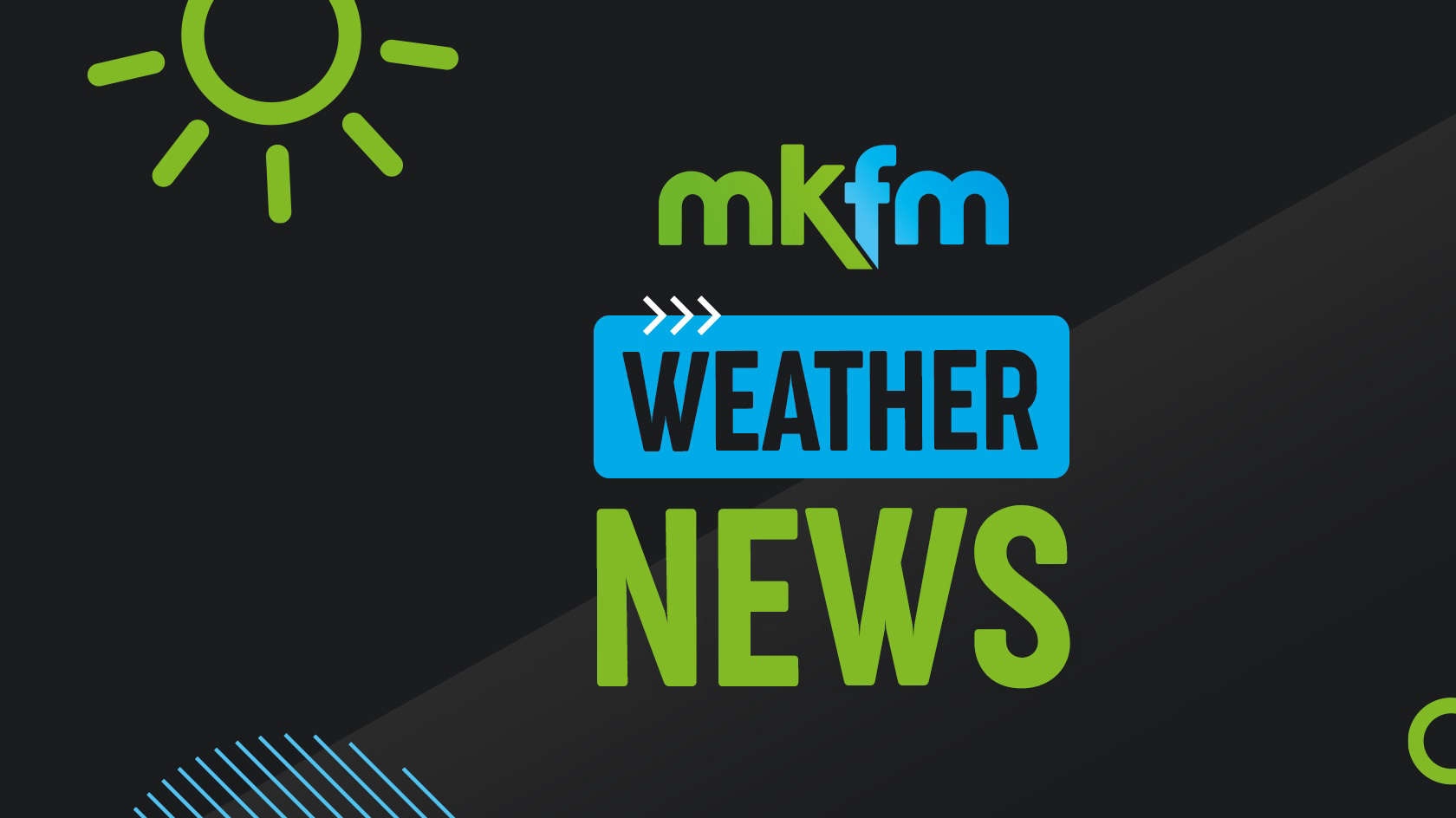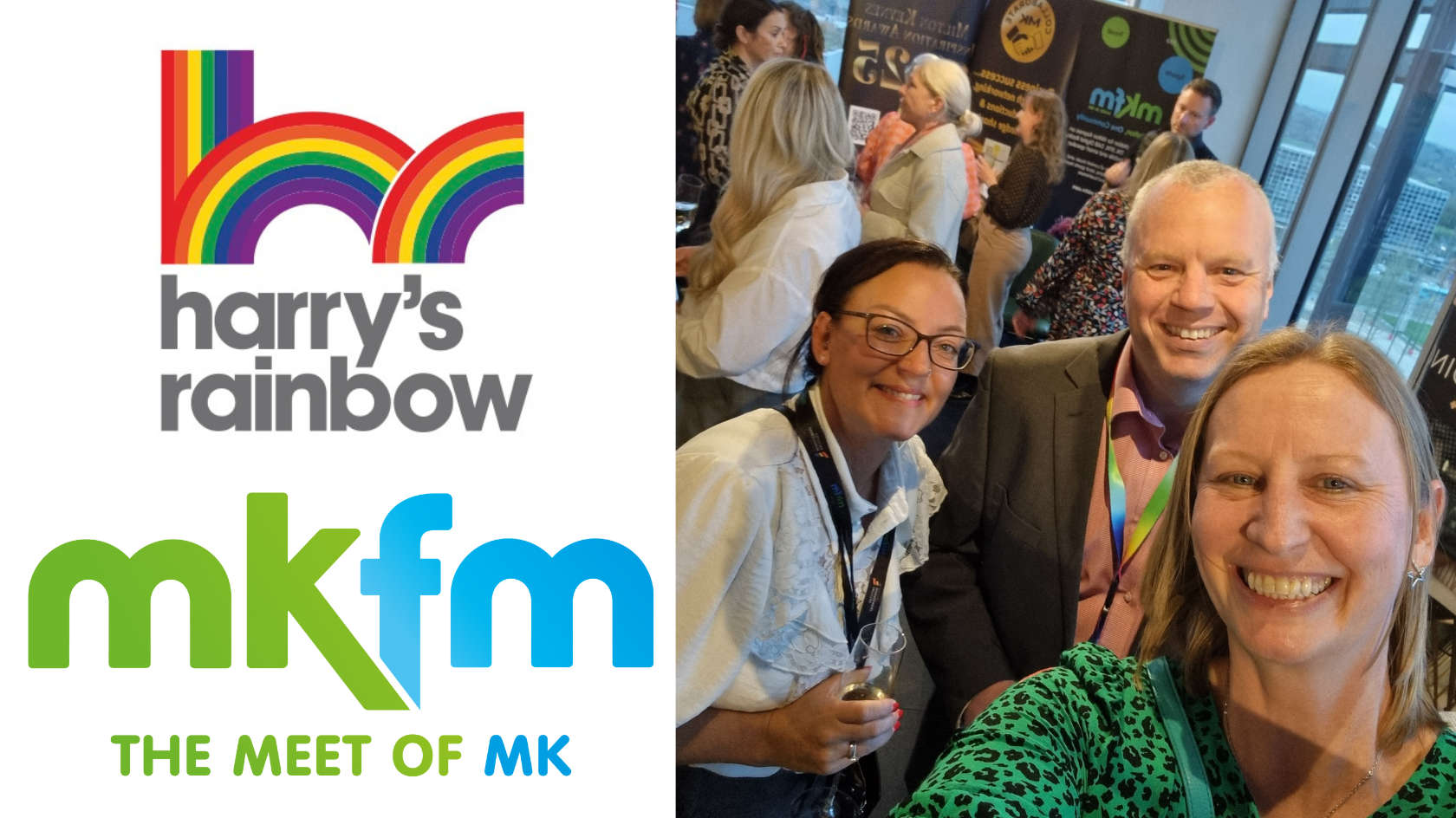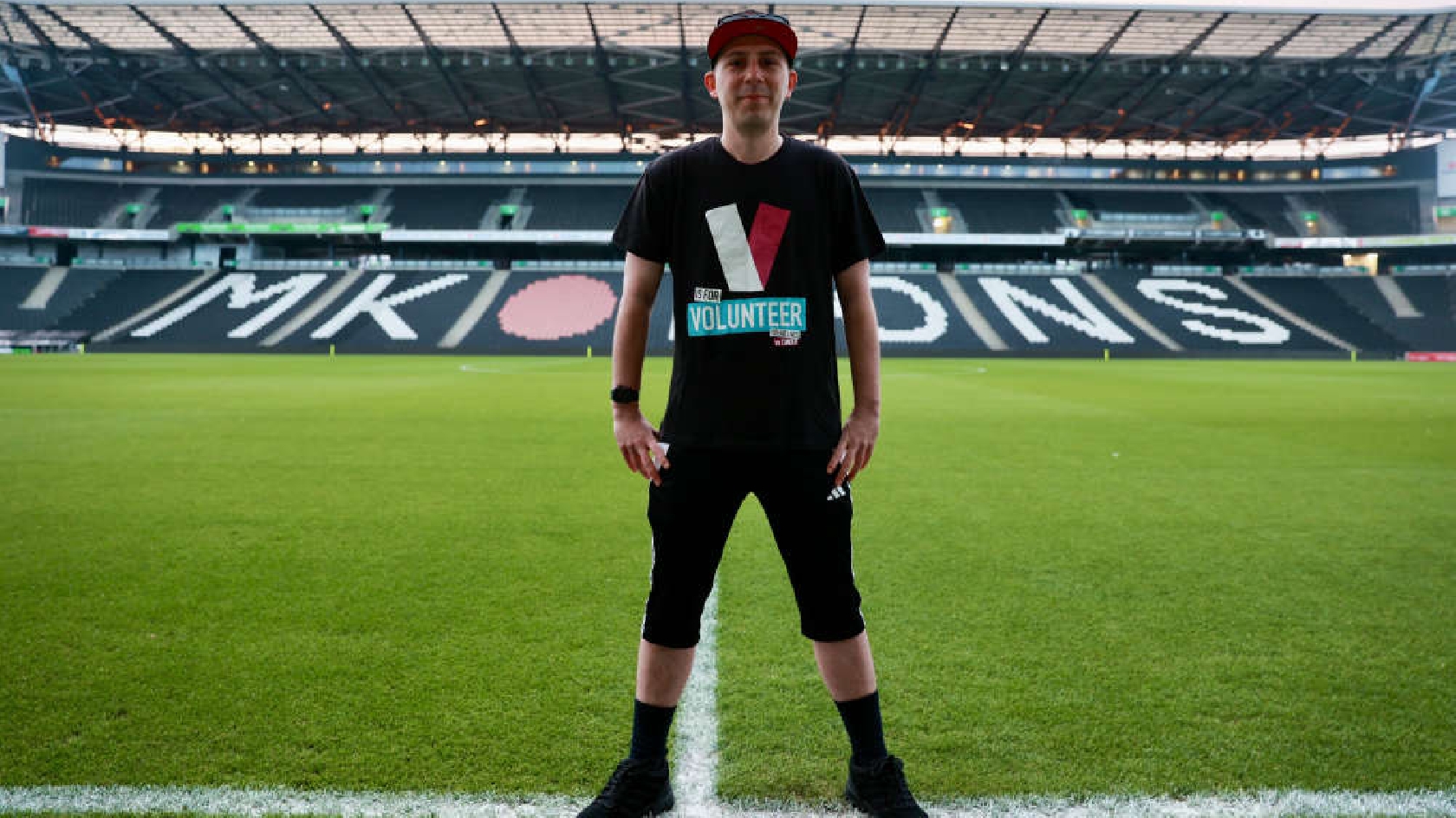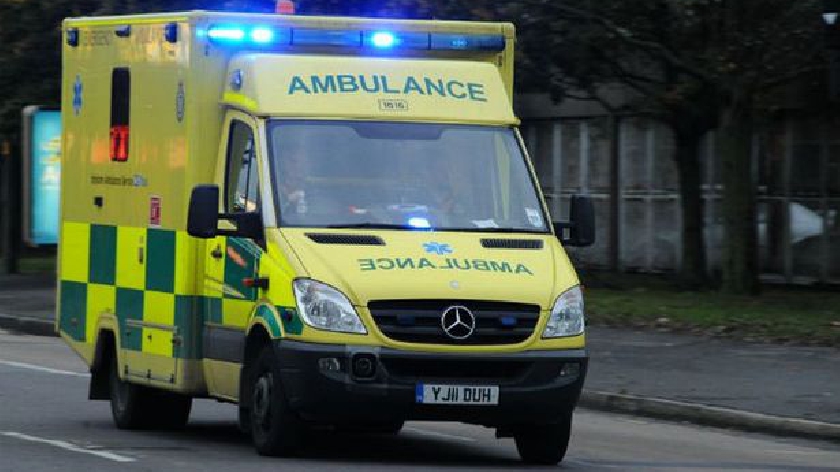
The ambulance service that covers Milton Keynes is currently under 'immense pressure' and has likened its level of demand to that of the busy New Year period.
The South Central Ambulance Service (SCAS) provides emergency and urgent care to residents across Berkshire, Hampshire, Oxfordshire, and Buckinghamshire - which includes Milton Keynes.
The organisation has said it is currently receiving almost 2,000 emergency calls a day, at a time it would normally see around 1,600. These high levels are similar to that of a busy New Year period.
In addition, the number of calls to urgent medical advice line NHS 111 is at more than 4,500 a day – up from 3,000 a day pre-pandemic.
The service is also experiencing an increase in the time taken to hand patients over to hospitals due to capacity issues at some hospitals within the South Central region.
The organisation says the rise in demand has been largely unrelated to COVID-19 so far, though the increasing number of cases in the region is “a concern” to the service given current levels of activity – as is the resilience of staff across the organisation.
“The Trust is experiencing immense pressure on services due to intense demand on both 999 and 111, while capacity issues at some of our hospitals are impacting on our ability to handover our patients immediately upon arrival which restricts our ability to respond to waiting patients in a timely manner,” said Mark Ainsworth, Director of Operations at SCAS.
“Our activity is now well above the seasonal predicted level and is more in line with the numbers we would be seeing over the busy New Year period when dealing with winter illnesses, consequences of festivities and people who have delayed accessing healthcare over Christmas.
“We are also now at a point where staff have been flat out managing the effects of the pandemic for 18 months, so they are feeling the strain in the face of relentless pressure.”
He added: “The surge in demand has so far not been associated with COVID, so any increase in cases of the infection is a concern given how that may impact us further and we are now seeing rising numbers across the region, particularly in Reading, Portsmouth and Southampton.”






